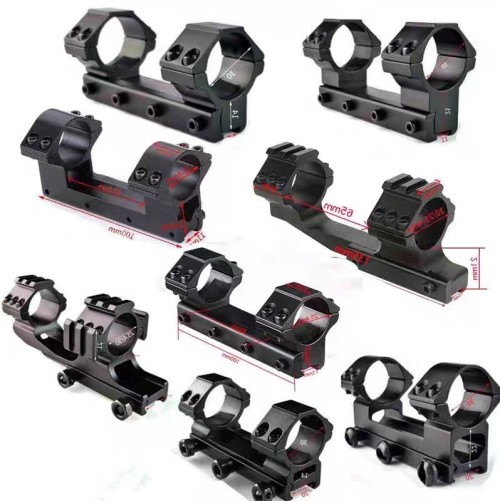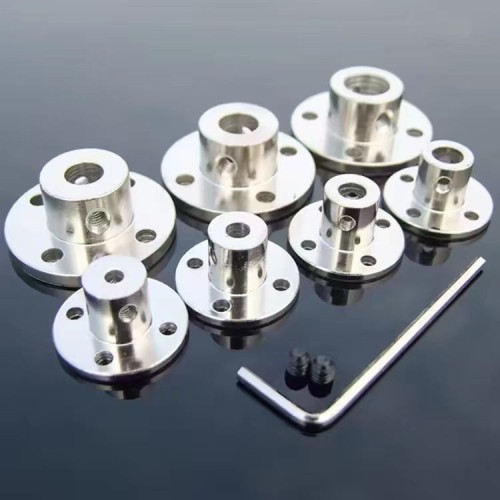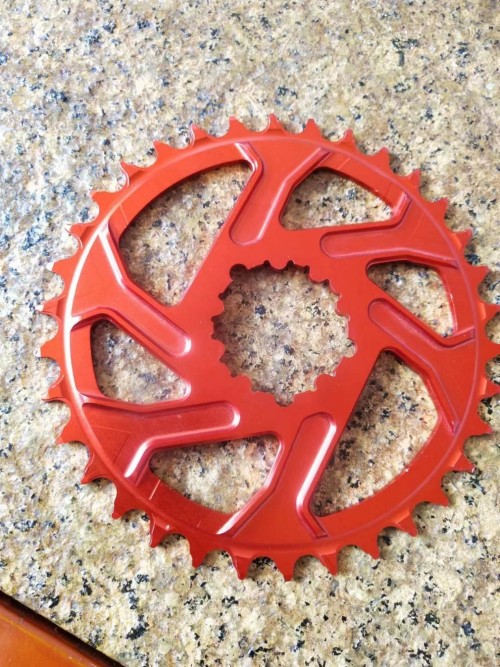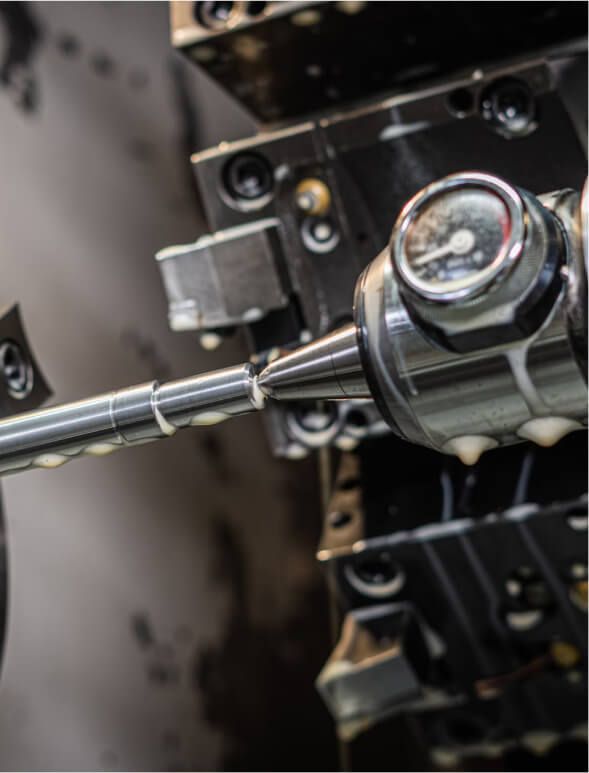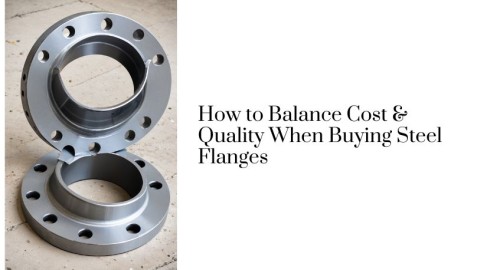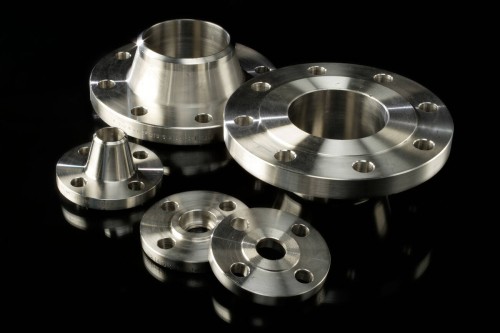When purchasing steel flanges, you need to balance cost and quality. These components depend on the safety and security of pipelines, mechanical systems, and industrial installations. Choosing a too-cheap or unnecessarily expensive steel flange can result in problems later. Yet how do you make the best decision? We will find out in this article. What Are Steel Flanges? A steel flange is a type of forged or cast steel ring with a protruded rim, which makes attaching it to other objects easy and strong. It can, for example, be used to join two pipes or a pipe to a pressure vessel or pump. Steel flange plates join and seal pipes. Carbon steel is a strong and durable material, and flange plates are usually made from it. Steel flange plates of various sizes and thicknesses are used in different applications. To understand how different flange types impact your project, dive into the Ultimate Guide to Flanges for a comprehensive look at their best applications and practices. The Importance of Quality Because steel flanges must deal with high pressure, extremely high temperatures, and harsh environmental conditions, quality is important when buying steel flanges. Low-quality flanges may: Crack under pressure. Corrode more quickly. They cause leaks or system problems. High-quality stainless steel flanges or any other strong alternative ensure your system works safely and effectively. Industry-standard-quality flanges are produced to give the buyer peace of mind that they will work as required. Why Cost Matters The price of anything is ultimately determined by budget. It is tempting to go with the cheapest, but it causes more expense in the long run. Faster wearing in cheaper steel flanges will require frequent replacements. However, choosing too expensive ones that are more than your system needs will cause you to strain your budget. Factors Affecting the Price of Steel Flanges Understanding what drives the price of steel flanges can help you make an informed decision: Material: The luxury of high-grade materials, such as stainless steel flanges, is more expensive but provides better resistance in terms of corrosion and wear. Size and Type: More specialized flanges cost more than larger ones. Standards and Certifications: Flanges that often cost more will bear strict industry standards to ensure safety and performance. Coatings and Treatments: In addition, adding treatments like anti-corrosion coatings can increase price, but they also improve longevity. How to Balance Cost and Quality Here are some practical tips to help you get the best value for your money when buying steel flanges: 1- Define Your Needs Before buying anything, evaluate your needs in a project. Ask yourself: Exactly what fluid or gas is going through the system? What are these operating pressures and temperatures? Are things in the environment influencing your stress — humidity or chemicals? These details will help you choose steel flanges rather than spend extra money on unnecessary features. 2- Compare Materials The properties of different materials are different. For example: Affordable and powerful are the words that come to mind when describing carbon steel flanges, but these flanges may rust when exposed to humid conditions. Stainless steel flanges are more expensive but highly resistant to corrosion, so they are best used for water or chemical systems. Select the material that gives you the best tradeoff between performance and cost for your application. 3- Look for Industry Standards Before installing steel flanges, ensure they fit recognized standards such as ASME or DIN. Certified products cost a little more, but they can guarantee a quality product and compatibility with your system. 4- Get Multiple Quotes Contact a couple of suppliers and compare prices and offerings. Consider the upfront cost, warranties, delivery time, and after-sales support when shopping. 5- Evaluate Suppliers Your reputation might depend on your supplier. Check to see if the company has positive reviews, experience working in your industry, and is transparent about pricing. Suppliers often offer high-quality stainless steel flanges and other options at fair prices. Choosing the Cheapest Option Initially, low-cost steel flanges save money but tend to fail prematurely, expensively repaired or replaced. Consider material compatibility Also, using the wrong material can lead to corrosion or some other problems. Steel flanges are compatible with every system, but you must consider that. Material choices play a significant role in cost and quality decisions. Get insights on how material selection influences flange performance in our detailed guide for industrial buyers. Ignoring Long-Term Costs Anticipate the whole cost of ownership, not just the purchase cost. Quality flanges will not break the welding tip, extend the life of your machine, and save you money in the long run. Conclusion Purchasing steel flanges shouldn't be difficult, as you must balance cost and quality. If you know what your project needs, you’ll know what materials to source and evaluate suppliers to source good-performing flanges without breaking the bank. Quality is important for safety and durability, but that doesn’t mean you must overspend. Remember that. If you follow these tips, you’ll make a wise investment that lets your systems run smoothly for years.

Product name: Childrens electronic watch case Product introduction: one-stop procurement of hardware products, source manufacturers, support customization, exquisite shape, quality assurance, ingenuity quality.



.png)
